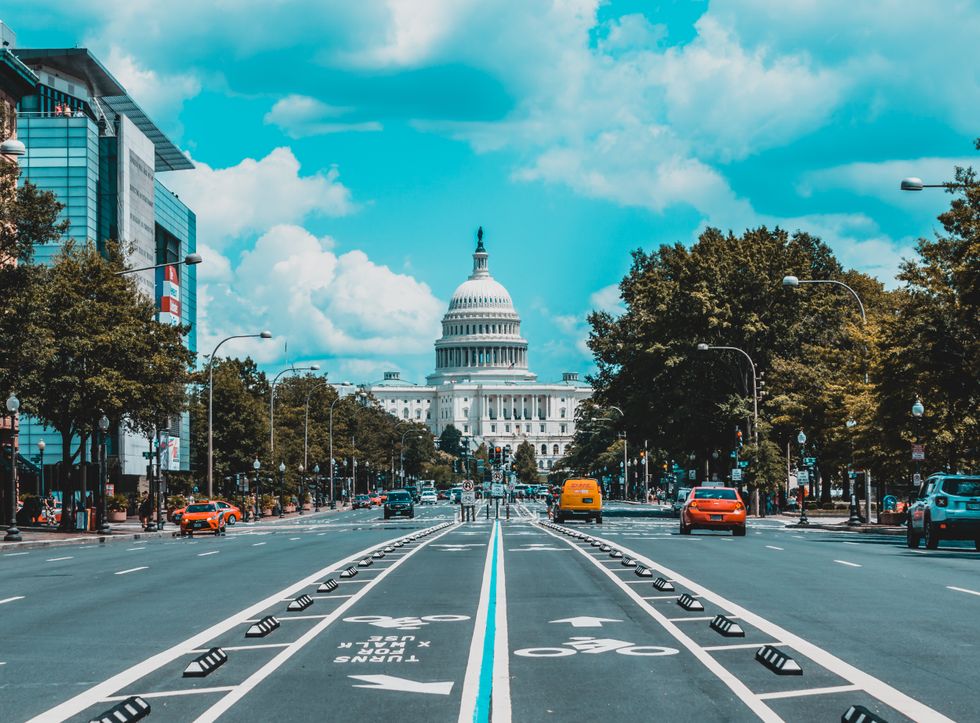On April 28, 1996, a gunman opened fire at tourists in a resort in Port Arthur, Australia. The massacre left 35 dead and 23 wounded and went on to be the worst mass shooting in Australia’s history. Not even two weeks later the Australian federal government managed to pass incredibly strict new gun control measures in a bipartisan deal to prevent massacres like this from ever happening again. Consequently, Australia has not had a mass shooting since that horrible day 21 years ago. The remarkability in this lies, of course, in how swiftly the Australian legislators acted in response to this mass shooting, and how consequential their swift action was. The devastating massacre was able to bring about quick acts from the government that, in the end, resolved the issue of gun control in Australia once and for all.
Why, then, can’t the United States do the same thing? The gun control debate has been getting more and more aggressive since the Aurora and Sandy Hook shootings, and yet nothing has been done about it. Nowadays there are more mass shootings in the US per year than the number of days in a year, and yet nothing has been done about it. In the last two months the US has experienced the horror caused by two of the five deadliest mass shootings in US history, and yet nothing has been done about it. Why has the US not been able to act as quickly on mass shootings that have been even more fatal than the one at Port Arthur?
Usually, an issue in American politics becomes a trending topic once an event occurs to get people to notice the issue. Trayvon Martin’s murder started the new civil rights movement and Black Lives Matter, 9/11 started an increase in counterterrorism in US politics, and most recently the Las Vegas shooting brought the issue of gun control back as a major point of national discussion. However, due to the strong differences of opinion in this country, little seems to ever get done. Add to that the size, large population, and significance of the US as a major world power, and eventually the new issue gets overshadowed by another one because the US simply has too much to deal with. A new major event happens to get Americans to discuss a different issue, and eventually, the previous issue remains unresolved until it is again brought into the spotlight. For instance, the discussion about gun control remains in the background until a new mass shooting happens, and then the incompetence of the federal government gets action delayed and delayed until it disappears into the background again.
The most recent example of one American issue getting overshadowed by another involves the gun control debate that became more heated than ever after the Las Vegas shooting. Hundreds of angry editorials called for more gun control, late night talk hosts threw in their two cents, and thousands of people demanded that the federal government do something about it. Just four days after the Las Vegas shooting, however, The New York Times published the famous article that exposed Harvey Weinstein’s troubling history with sexual harassment allegations, leading to the curtain finally being pulled back on all the men who had been misbehaving themselves in Hollywood for decades. Eventually, women from across the world were so inspired by the justice being served that they posted “me, too” on social media to tell the world about their experience with sexual harassment and to emphasize just how big of an issue it is. The world was experiencing the biggest feminist movement since the first Women’s Marches, and yet the gun control debate was left entirely in the background.
Many other unresolved issues have unfortunately suffered the same fate. Currently the Flint Water Crisis, for instance, still remains a grave problem in Michigan. While the town has been hooked up to its original water source instead of the Flint River, the pipes in the city have been permanently contaminated with water. This is still causing new instances of lead poisoning, and unless the pipes in the city are entirely replaced, contaminated water will continue to be a devastating issue in Flint. It has become so serious that parents are taking their children to Detroit every weekend for the one shower the children can take in a week, and yet the federal government is doing nothing about the water crisis because by now it has been overshadowed by so many other issues. Other issues that have been overshadowed by now include Puerto Rico’s need for more national aid as it is still suffering from the consequences of Hurricane Maria, the need for better training of police officers after so many innocent black people have been shot and killed by them (which undoubtedly will be an issue that resurfaces once the next instance of this happens), and the continuing prevalence of white nationalism in America.
So is it, therefore, better to slowly focus on all the issues facing America at once, or to take them one by one and bring about reform? The answer lies in the biggest issue in America today: bringing sexual predators to justice. This topic has dominated the news for over a month now, and more and more celebrities and public figures are finally facing the consequences of their actions. Subsequently, many victims feel more empowered to speak out, boosting the movement to an unprecedented size and bringing more perpetrators to justice than ever before. Change is happening. It will take a lot to overshadow this movement, and therein lies the answer to fixing issues in America: taking them one at a time and really focusing on bringing change to them.

















